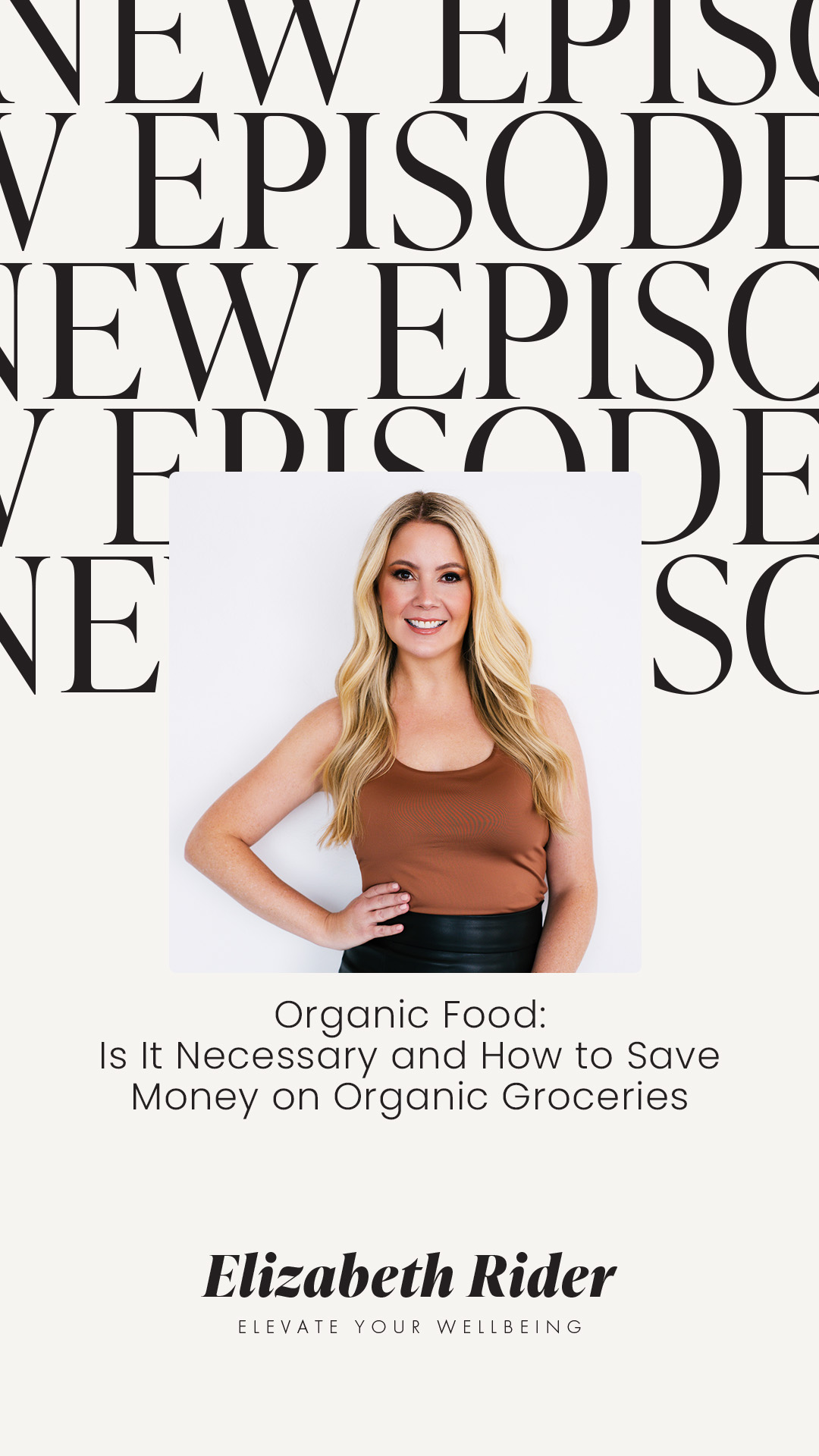
The frustration of throwing away a half-eaten pint of moldy blueberries or watery brown greens is something many of us can relate to.
With organic produce often commanding higher prices, food waste becomes not just an environmental issue but also a blow to our wallets. But what if there’s a way to optimize your organic purchases, ensuring you get the most out of your budget while still enjoying the benefits of organic eating?
In the latest episode of our podcast, “Organic Food: Is It Necessary and How to Save Money on Organic Groceries,” we explore the world of organic fruits and vegetables. This episode navigates us through the sometimes-confusing terrain of organic food shopping, providing tips and insights on how to maximize our budgets while supporting a healthy lifestyle.
So, what foods should we always buy organic? Which ones can we occasionally skip? And how can we avoid the dreaded food waste and save money in the process?
Key episode highlights include discussing the ‘Dirty Dozen’ and ‘Clean 15’ – guides that help determine which fruits and vegetables are most and least contaminated by pesticide use. We also dive into the challenges farmers face in growing food without the use of pesticides, raising questions about the overall sustainability of organic farming.
Furthermore, Elizabeth confronts a common misconception: if a food isn’t certified organic, does that mean it’s not healthy? In her balanced discussion, she sheds light on this issue, providing listeners with a broader understanding of food health beyond the organic label.
I also share my expert tips on how to save money at the grocery store while buying organic. Her advice will leave listeners equipped with the knowledge to make informed decisions, turning their next shopping trip into a victory for both health and budget.
Don’t miss out on this invaluable guide to navigating the organic aisle! Tune in to the latest episode for a smarter, healthier, and more cost-effective approach to organic grocery shopping.
EPISODE HIGHLIGHTS:
- What are the Dirty Dozen and Clean 15?
- The challenges of growing food without pesticides
- If a food is not certified organic, is it not healthy?
- How to save money at the grocery store
- Listen here on Apple Podcasts, or click play below:
Transcript: 07 Organic Food: Is It Necessary and How to Save Money on Organic Produce
Elizabeth Rider 0:02
Welcome to The Elizabeth Rider Show where we talk about optimizing health, personal evolution and defining what true wellness means to you. I’m your host Elizabeth rider. I’m a certified health coach, longtime blogger and author of the health habit. On this podcast we dive deep into all things health and well being from physical and mental health, spirituality, relationships, lifestyle choices and personal growth. Each week, I bring you inspiring interviews with guests and thought leaders as well as solo episodes where I share my own experiences and insights. My mission is to give you practical insights, inspiring stories and transformative tools that can help you unlock your full potential and create a life you truly love. I hope this podcast serves as a valuable resource to develop your sustainable habits, mindful living and an overall state of health and happiness. Let’s dive in.
Elizabeth Rider 0:52
Hey, everyone, welcome to the Elizabeth Rider Show. I’m your host, Elizabeth Rider. And today we’re going to talk about eating organic food, whether organic is necessary or not, and some ways to save money because it doesn’t matter what your budget is, we all have a budget. And we all want to save money. And I know that deep down, it drives everyone equally crazy when you throw away a half-eaten pint of blueberries that you paid for, and they have gone bad and it is so frustrating to waste food. So I want to talk about organic food, eating fruits and vegetables, what’s kind of best practices, what to do and how to think about that, because there are socioeconomic conditions in all different parts of our community where eating organic food is sometimes possible, and sometimes not. Sometimes it’s available, sometimes it’s not. And I want to talk today about the Dirty Dozen and the Clean 15. And what foods we should buy organic when we can and maybe what foods to consider skipping, and again, just how to save money at the grocery store. Because none of us like throwing away food. And as a society, we throw away a tremendous amount of food, if we can reduce some of that food waste. Not only can we help our pocketbooks, but we can of course also help the environment.
Elizabeth Rider 2:09
So the Dirty Dozen and clean 15, if you have not heard of these lists before are put out by the Environmental Working Group, the EW G, which is a non-profit, nonpartisan organization dedicated to protecting human health and the environment, they research what’s in our tap water, what’s in our cosmetics. And what pesticides are on our food. The Dirty Dozen is the list of the 12 crops produce that have the most amount of pesticides from the tests. And then the clean 15 are the 15 fruits and veggies that have the least amount of pesticides. Now, when we’re talking about organic and certified organic does not mean that it was not sprayed with any pesticides, and that it doesn’t necessarily have any pesticides, because there are still what’s called quote, organic pesticides, there are still ways that those farmers have to manage those crops. So if you want something that has never been sprayed with anything, the best thing and the only way to do that is probably to grow your own food, which we’ll talk about in a moment as well. So even if you have a small apartment, or if you have a small area, there are great ways that you can grow some of your own food. But of course, it’s almost impossible for the majority of us to grow all of our own food. But the truth is, is that growing food, growing fruits and vegetables and grains and crops is an incredibly difficult task to make sure that the yield and the quality and everything comes together every year. So to give you an example, my family from many from not many, I guess two generations ago, my dad’s dad, who passed away when my dad was about 16. So I unfortunately was never able to meet him bought some property in Montana where I’m from back in the 1940s. So that is just some lucky happenstance because there’s not very much of this property available anymore. And the way this area of Montana northwestern Montana was developed was that there are a lot of fruit trees. And the way this valley was developed is that there are a lot of cherry orchards. So Montana is a pretty cold place in the winter. Not a lot of fruits can be grown there. But some stone fruits such as cherries do grow in the summer times and it takes a tremendous amount of the right conditions. For these cherry trees to grow. We still have cherry trees there. And so many things can make an entire year’s crop be bad. One late frost ruins the entire crop, one swarm of bugs coming in can ruin the entire crop. So there’s always things that can ruin the crops. And we don’t rely on this as a family business. But there are a lot of farmers who of course rely on their farms and their orchards or whatever their farming are growing to be their business and to sustain their families. And in order to
Elizabeth Rider 4:59
due that they do have to use these methods, whether it’s organic pesticides, or it’s different types of pesticides, in order to make these crops turn out so that they don’t spend a year growing something and then realize none of it can be sold. So like I said, there are organic pesticides. And another thing that happens is the wind blows regular pesticides, I guess, onto organic crops. And there’s nothing that can necessarily be done about that. So this is just a list of when the Environmental Working Group tested many different types of these different produces the Dirty Dozen, and I’ll list them for you had the most amount of pesticides. So for me personally, these are the things that when I’m at the store, I look for organic. Now, that doesn’t mean that you can’t eat these things. If they’re not necessarily organic, it’s always better to eat fruits and vegetables than to not eat anything at all, unless you are having a very specific situation where you’re having a reaction to that. So we’re gonna have a few guests come on here coming up to talk about switching their diets and how when they switch their diets to mostly organic or organic, a lot of their symptoms went away. That’s not the case for everyone. That does happen for some people. But I really want to reiterate that just because something’s not necessarily certified organic doesn’t mean that it’s not healthy. We can’t know the exact conditions of every single piece of fruit we ever eat. Nor should we so when we become hyper vigilant about knowing exactly about everything that we eat, it actually can be a form of disordered eating.
Elizabeth Rider 6:27
So I think it’s really important to be mindful of what we’re doing. If it’s easy when you’re at the grocery store, look for organic and the Dirty Dozen. But again, this doesn’t need to be something that you obsess about, but I do look for organic when I’m buying these things. This is the 2023 Dirty Dozen. Okay, number one strawberries. So for me strawberries, because strawberries was at the top of the list, strawberries is the one thing that I buy organic all the time. If they look good, if they don’t look good, and they’re too expensive. I just I’m like you know what, I’ll get frozen berries, or I’ll get something else. Number two spinach. Number three is kale, collard greens, and mustard greens all got lumped into the same one. Now some of you might be thinking, that’s a great excuse not to eat my greens. I disagree with that. You can buy those things frozen. So organic, frozen spinach is a great price, I think if that’s the way you want to go, or look for it in season number four peaches, that’s one of those stone fruits that same as the ones that grow in northwestern Montana, some stone fruits, the crops can be grown very, very easily. So that doesn’t surprise me that peaches are on their pears, nectarines, apples, grapes, bell peppers and hot peppers. They lump those together. Cherries, not surprisingly, blueberries and green beans. So those are the on the Dirty Dozen list for 2023. Again, if it’s not organic, wash it really well, some of the pesticides can still grow into the fruit, I know that people are gonna comment on that. But it’s better to eat real fruits and vegetables. Because what happens is, is somebody might say, Oh, well, none of this is organic. And then they’re hungry and they didn’t eat, they skipped on it. And then later in the day, they just give up and they go through the drive thru or they order a pizza or they eat something, you know, that’s a packaged food that it would have been way healthier to get the benefits of what was in the fruits and vegetables in the first place. So this is a balance about being mindful of the Dirty Dozen, but not letting it ruin your life. The clean 15 is, I think a very positive and happy list because avocados are at the top you do not need to buy organic avocados. Feel free to if you want to. There’s nothing wrong with an organic avocado, but it’s at the top of the clean 15 list. So that is a great savings for those of us who love avocados. So on the clean 15 I’ll just go from the top is avocados, sweet corn, pineapples, onions, papayas, sweet peas, asparagus, honeydew, melons, kiwi, cabbage, mushrooms, mangoes, sweet potatoes, watermelon and carrots. And what’s interesting if anybody here listening is interested in growing food or knows about growing food, but those are all actually pretty easy things to grow. And that makes sense. The things in the Dirty Dozen that need more pesticides are going to be the things that are more difficult crops to grow. They need more help to get through whatever they need to get through to sustain. And then the clean 15 is kind of the easier things that grow. We know that where for instance, pineapples grow in the tropics, they have that hard outer shell and they’re very robust, and they grow pretty easily. Even here in Washington. Our neighbor in his backyard has a few cherry trees cherries are on the Dirty Dozen list. And I remember seeing his cherry trees from afar. And we were chatting with him one day and I said Oh that’s so cool. Do you get cherries every year? Those remind me of the cherries in Montana. He said actually, I’ve never got one Cherry from these trees because what happens is he obviously doesn’t treat them within
Elizabeth Rider 9:59
anything, they’re just more decoration in his backyard, the cherry fruits do grow. But these little bugs get to them very early before they even ripen and eat them from the inside out. So there are just some things that of course, we’re going to need, if we’re going to have them in bulk in our grocery stores, they need more help to grow. So again, it doesn’t mean that you shouldn’t ever eat anything off with the Dirty Dozen. If it’s not organic. Of course, make sure to wash it and there still might be some residual pesticides that have grown into it because the water takes up through the fruit. But in my opinion, the benefits that you get from eating the whole food, you still get the fiber, you still get the hydration, you still get all the vitamins and minerals in it. And many of our bodies can handle anything else that came along with it. If you’re having a reaction to something, it’d be a great idea to not have that anymore. If you need to go organic, that’s something that you have to decide for yourself. But along with that, I want to talk about how to save money at the grocery store. Because in general, you know, I just we’re talking about organic food, I want to kind of focus on this need to not necessarily buy everything organic, and also to save some money at the store.
Elizabeth Rider 11:07
Because as we all know, especially since the pandemic, these post-pandemic times, food prices have skyrocketed. And generally, historically speaking, once food prices have gone up, they don’t come down. Now, occasionally, they will come down a little bit. One thing that will make food prices come down is the season. So when it comes to fruits and vegetables, eating in season is the number one strategy to saving money at the store. So if you are living in a place that is really, really cold, it’s winter time, those fresh blueberries are going to be very, very expensive, because even it’s colder as you go south, and they’re just not going to be as abundant. Whereas in the summertime, we all know that the berries are in season. So you’ll find in season fruits and vegetables, usually right in the center and the front of the grocery store. Your produce department will always be rotating things through. So whatever you find kind of in the center, front and center that they’re showcasing they’ll usually even be a sign on it that it might be on sale. That stuff is in season. So look for in season foods to save money at the grocery store on things like eggs right now are so sensitive. I think anybody who has tried to buy eggs recently has been shocked. I certainly have, there was a bout of avian flu going around. And a lot of the birds who make the eggs were affected. We’re not sure I’m not sure if egg prices will go down once they’ve been set, it’s very unlikely that companies decide to reduce the prices, if they do come down, they might just come down, you know, 50 cents to $1. But I wouldn’t expect to see eggs back at the price that they were anytime soon. So there’s some things that once the price is set, the price is set. I think you know when I look at bread right now, I bought a loaf of bread the other day, and I think it was around seven US dollars, which I had never seen before. And the reason being is that a lot of the wheat that’s grown in the world in whether you’re buying gluten free bread or not whether you know it might be another grain is grown in Europe and the war in Ukraine has affected a lot of food prices. So at this time, the best thing to do is to eat and season and try different grocery stores in your area to see what the food prices are and local producers to see what prices you can get from local producers. Another way to save a lot of money at the grocery store is to buy in bulk whenever possible. Now this can be counterintuitive. I do not mean going to Costco and buying 15 apples. If you’re a single person and you know that you eat one apple a week, you don’t need 15 apples if you’re gonna have one apple a week, so don’t buy in bulk, you’ll actually end up spending more money if you buy in bulk when you don’t need it. But what I’m talking about is taking advantage of the bulk canisters at the grocery store. So many grocery stores these days have a bulk section where they have the bins and you can buy exactly what you need. Especially find a grocery store near you that has a bulk spice area. If you’re trying a new recipe and you need, for instance, one teaspoon or two teaspoons of cardamom, don’t buy a giant jar of cardamom that costs seven or $8. You can buy just two teaspoons for probably 45 cents, or 50 cents and save a ton of money by shopping in the bulk bins. And then if that becomes a recipe that you want to make often then of course invest in the jars or invest in more. Or if you’re making something that needs a quarter of a cup of pumpkin seeds you can buy a quarter of a cup of pumpkin seeds, so use the bulk bins whenever possible. Another great way to save money is like I mentioned before is to grow your own food and it might feel like too daunting of a task to grow your own food especially if you’re in an apartment or you’re in a small place. But even if you just buy one
Elizabeth Rider 14:59
Small or plant, you can buy a chive plant or a mint plant, you can grow these in a very small container. A great way to grow your own food at home to learn is the book Leaves, Roots and Fruits by Nicole Burke, we’re gonna have Nicole on the podcast. She is an amazing, amazing example of someone who had never grown a single thing in her life. And she needed to grow some food. And now she grows all of her own lettuce for the year she grows amazing plants and she teaches other people how to do it now. So whether you have a small container just meant that you want to put in a smoothie or into a savory dish, or you want to grow some chives, or you want to grow some basil to make some pesto, growing some of your own food is a great way to save money. I think I spent last year $2.99 on a chive plant. And we have put chives in our eggs almost every time we’ve made them, which is two or three times a week for a year. And that is the same cost of buying when those little packages of fruit at the store. So that is a really great way to save money as well. Another great way to save money depending on what you like and how you tolerate food is to eat more legumes, like beans and lentils are often a great price in those bulk bins. And you can save a lot of money, there’s protein, in beans, and lentils like in different legumes. And especially when you combine them with a grain you can make them into a complete protein. So eating more beans, beans are full of fiber. I’m a huge fan of eating beans and lentils. And they’re really inexpensive. And on my website, you can find when there’s multiple lentil soup recipes, multiple black bean recipes, lots of great recipes for this kind of stuff, really easy to make a big batch of something on a Sunday and then have lunch or a snack or meal all week long. So that’s what I wanted to mention about organic food, when to buy organic, I do think the Dirty Dozen and clean 15 are great tools and resources, they don’t have to be the end all be all to everything. And also remember that certified organic is a process that farms or companies have to go through. And just because something isn’t certified organic doesn’t mean it wasn’t grown organically. So if you have a local farmers market or you have a way to shop for local fruits and veggies, you can talk to the people who are growing that stuff they might be using all of those practices, but don’t necessarily have the resources or they might not ready to, to invest in be ready to invest in in organic certification. So it doesn’t have to be certified organic to be great. In fact, it’s far better to eat healthy whole foods than it is ever to eat junk food. Always remember that are packaged food. Alright, if you liked this episode, make sure you click the subscribe button and please leave a review that helps out the podcast. So much have a great day or night wherever you’re at. And I’ll see you soon.
Elizabeth Rider 17:50
Thank you so much for joining me on today’s episode of the Elizabeth rider show. I hope you caught something today that helped you uplevel your mind, body and or health. If you want more episodes, insider notes, recipes and resources, then make sure to subscribe to my weekly newsletter over at Elizabeth rider.com/list. Or simply go to the website and hit the subscribe button and enter your email address. You can also download a free recipe guide a meal plan or the top 10 Micro Habits Guide while you’re there. And if you are a person who likes to share things, make sure you share the show with a friend. And if you really liked the show, I would be so grateful for a review in the podcast app. Thanks for being here. I’ll talk to you next time.
(Note: Elizabeth Rider holds the copyright to all content and transcripts of The Elizabeth Rider Show podcast, with all rights reserved. If you wish to share a transcript of the podcast (up to 500 words) for non-commercial purposes, such as in media articles, on personal websites, or on social media accounts, you may do so, provided that you attribute the content to “The Elizabeth Rider Show” and include a link back to the associated ElizabethRider.com URL. However, it is not authorized to copy any portion of the podcast content or use Elizabeth Rider’s name, image, or likeness for any commercial purpose, including in books, e-books, or on commercial websites or social media accounts promoting products or services. Media outlets can use photos of Elizabeth Rider from the Media Kit available on ElizabethRider.com. We kindly ask that you respect copyright laws and obtain the necessary permissions before using any podcast content. Thank you for supporting The Elizabeth Rider Show!)
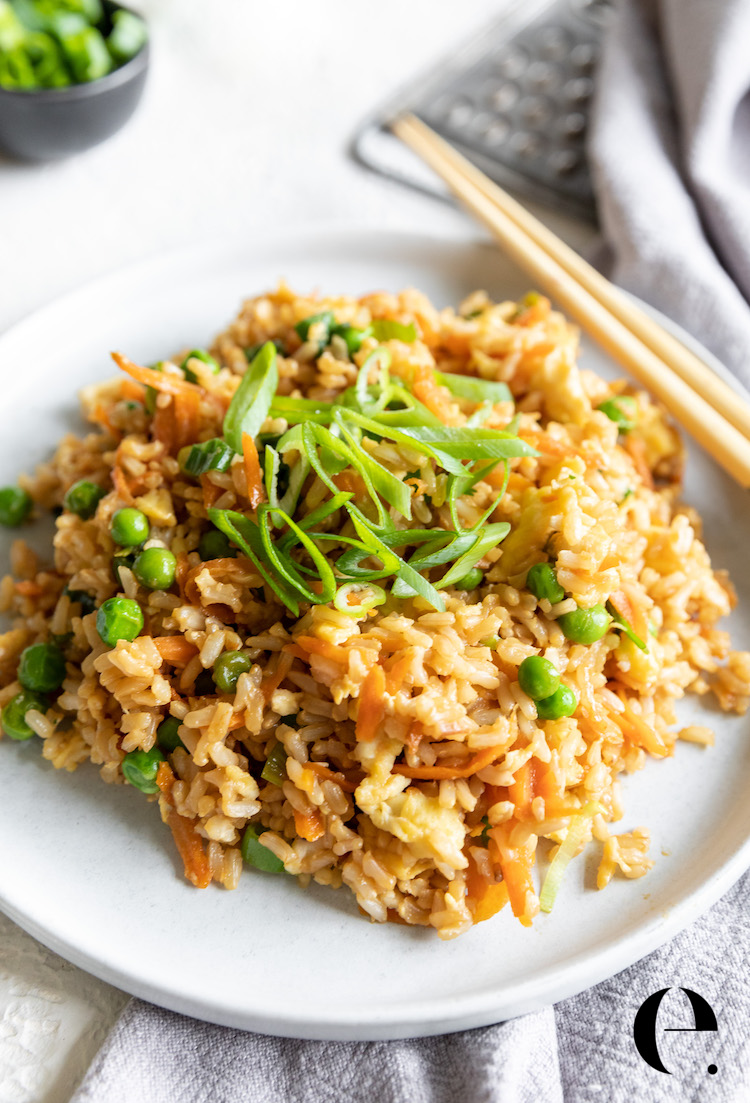
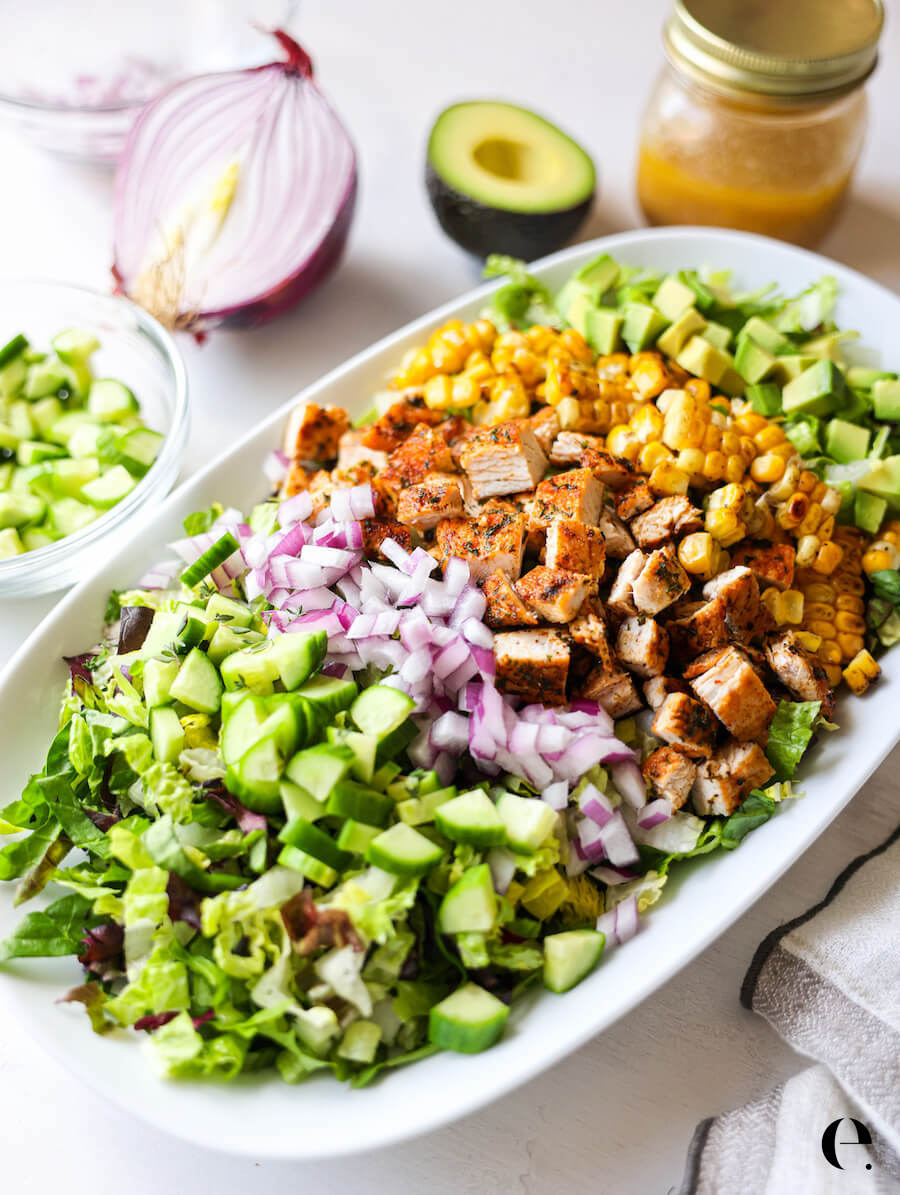
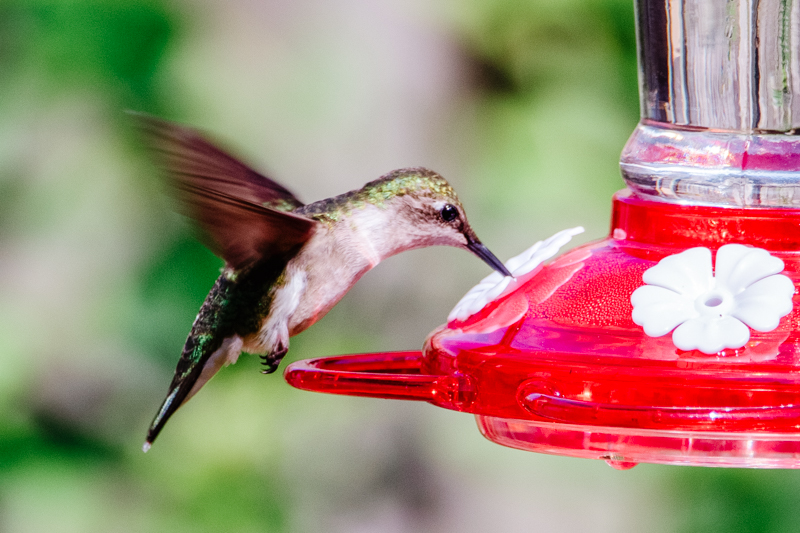
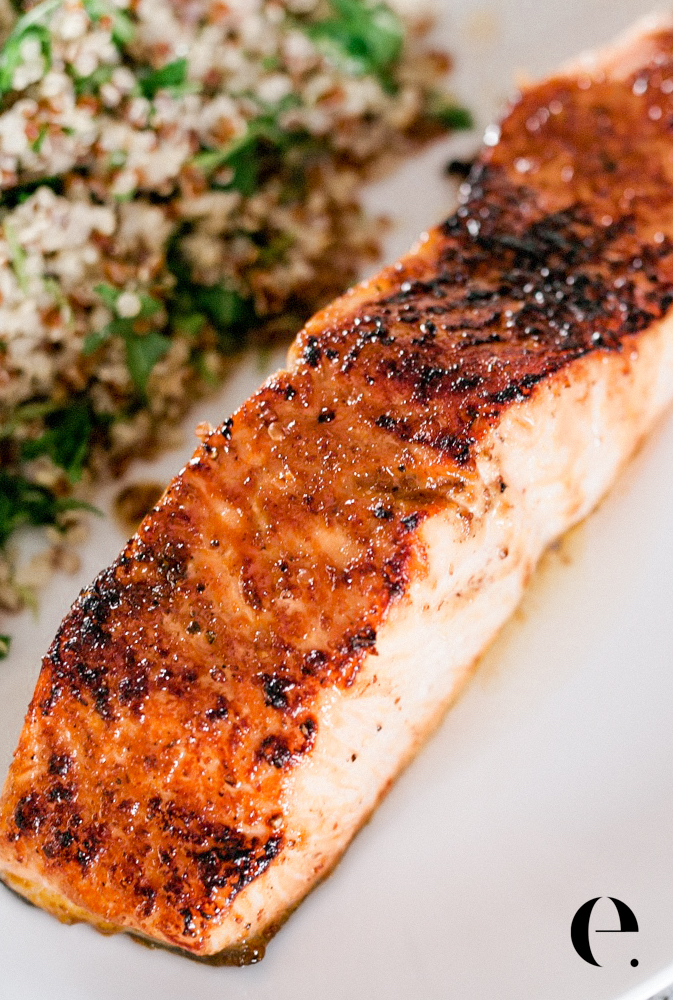
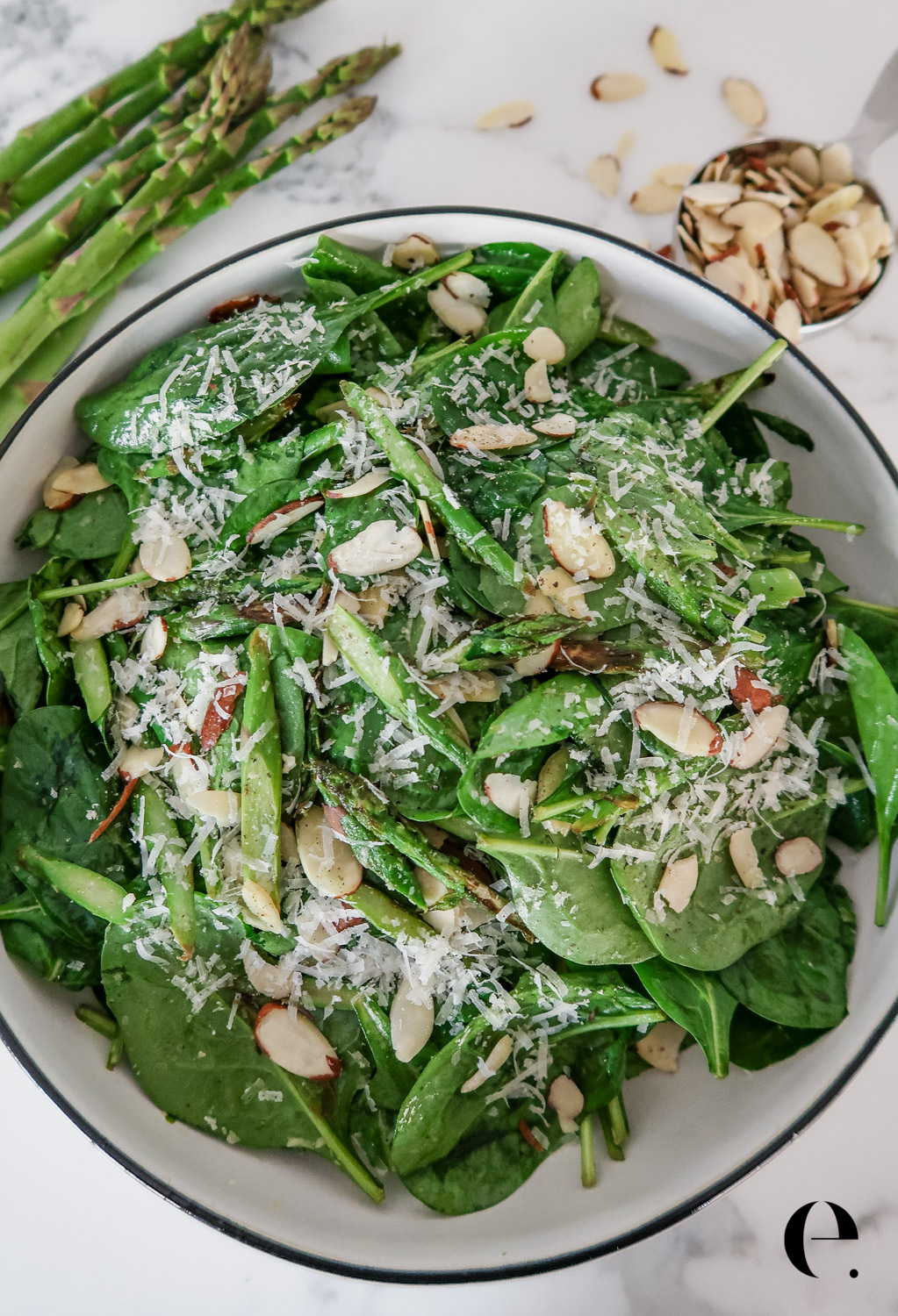
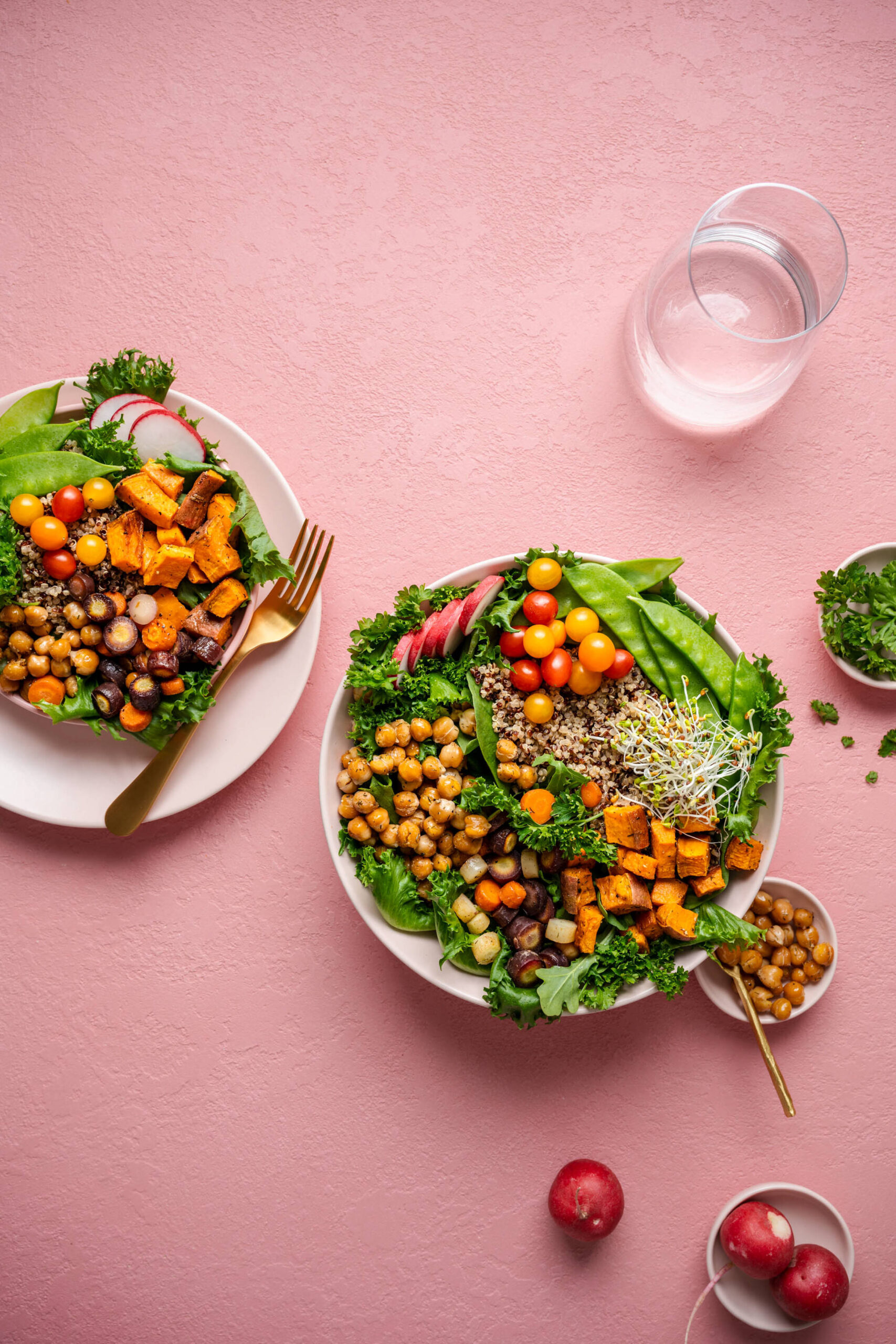
Nice coverage but need to caution that non-organic uses chemicals that may not wash off. Futher to complicate the situation, the corporate industry has produced coatings like Apeel that get sprayed during growing and after and are designed to never be washed off. Add to that the USDA or FDA (forget which alphabet agency) has approved its use on organics. Their goal has always been to kill anything natural and organic as sickness makes money and health does not.
Tanya, thanks for your thoughtful comment. I agree, there are so many factors that complicate the situation. We’re all in this together to keep learning! Thanks for being part of this community. ~E